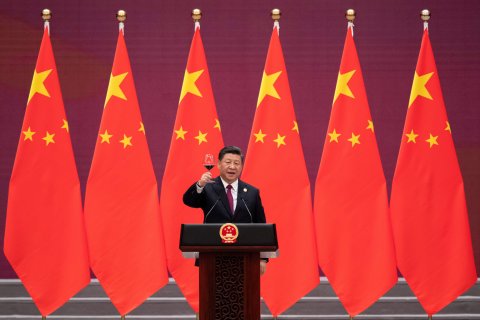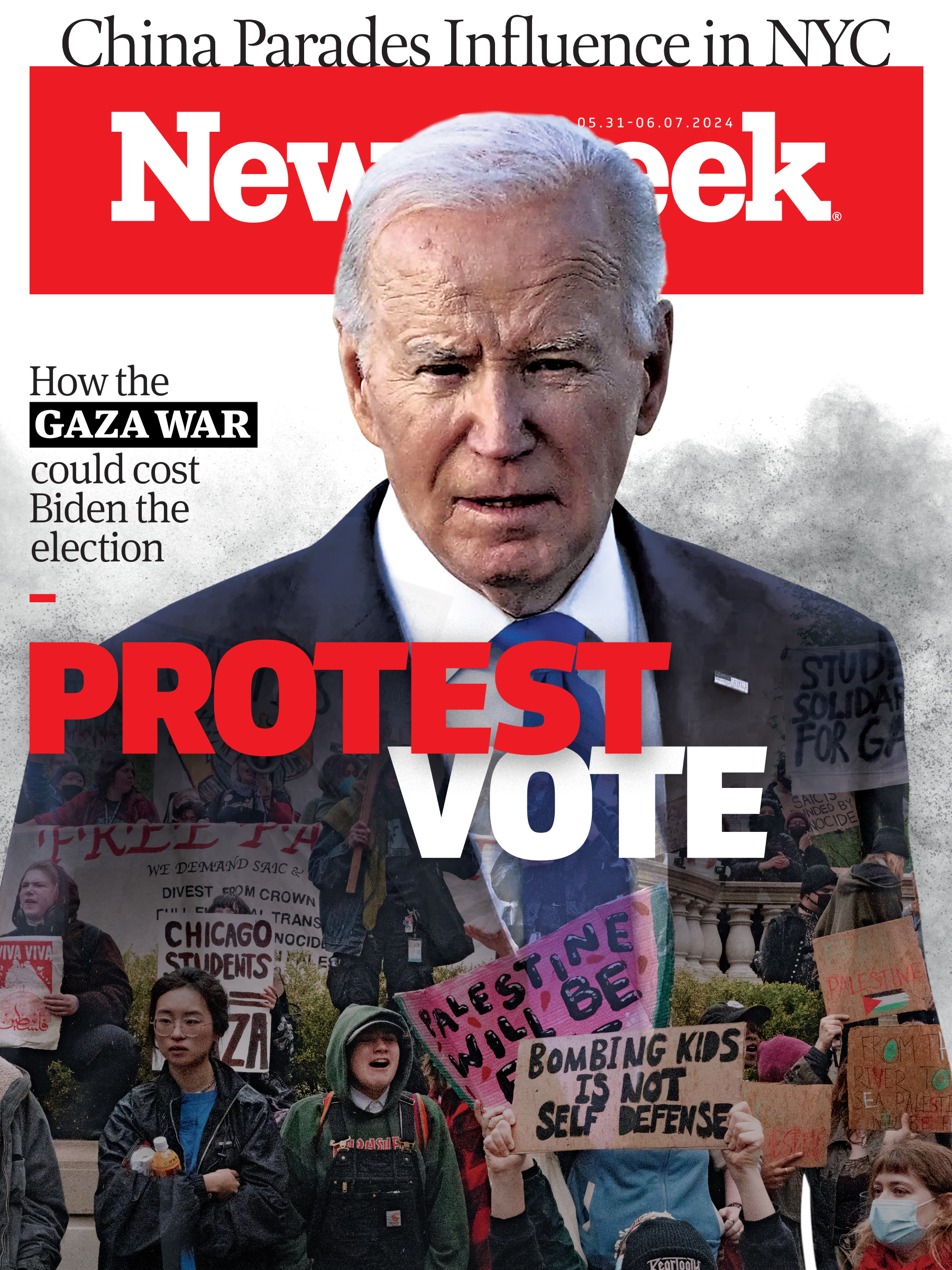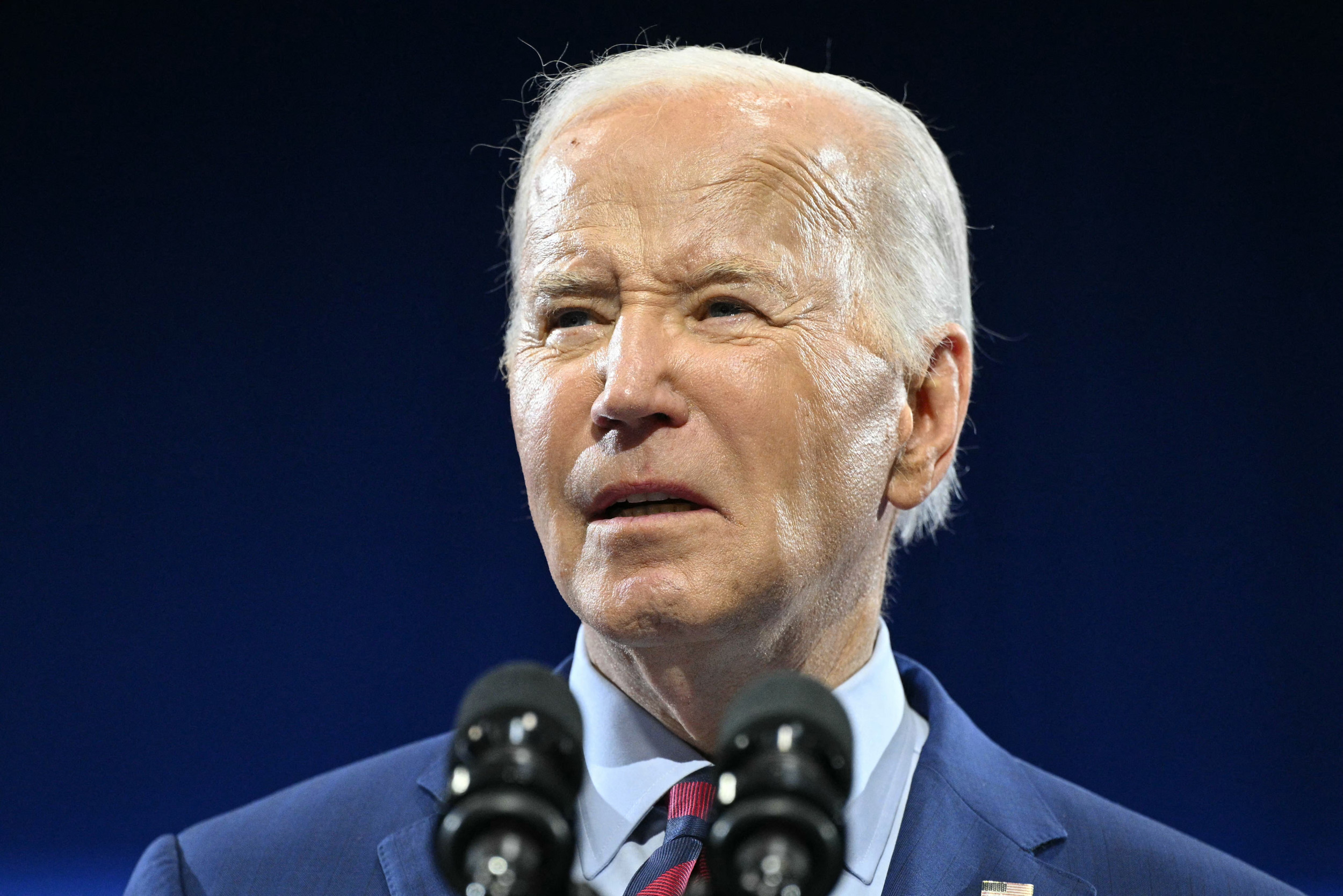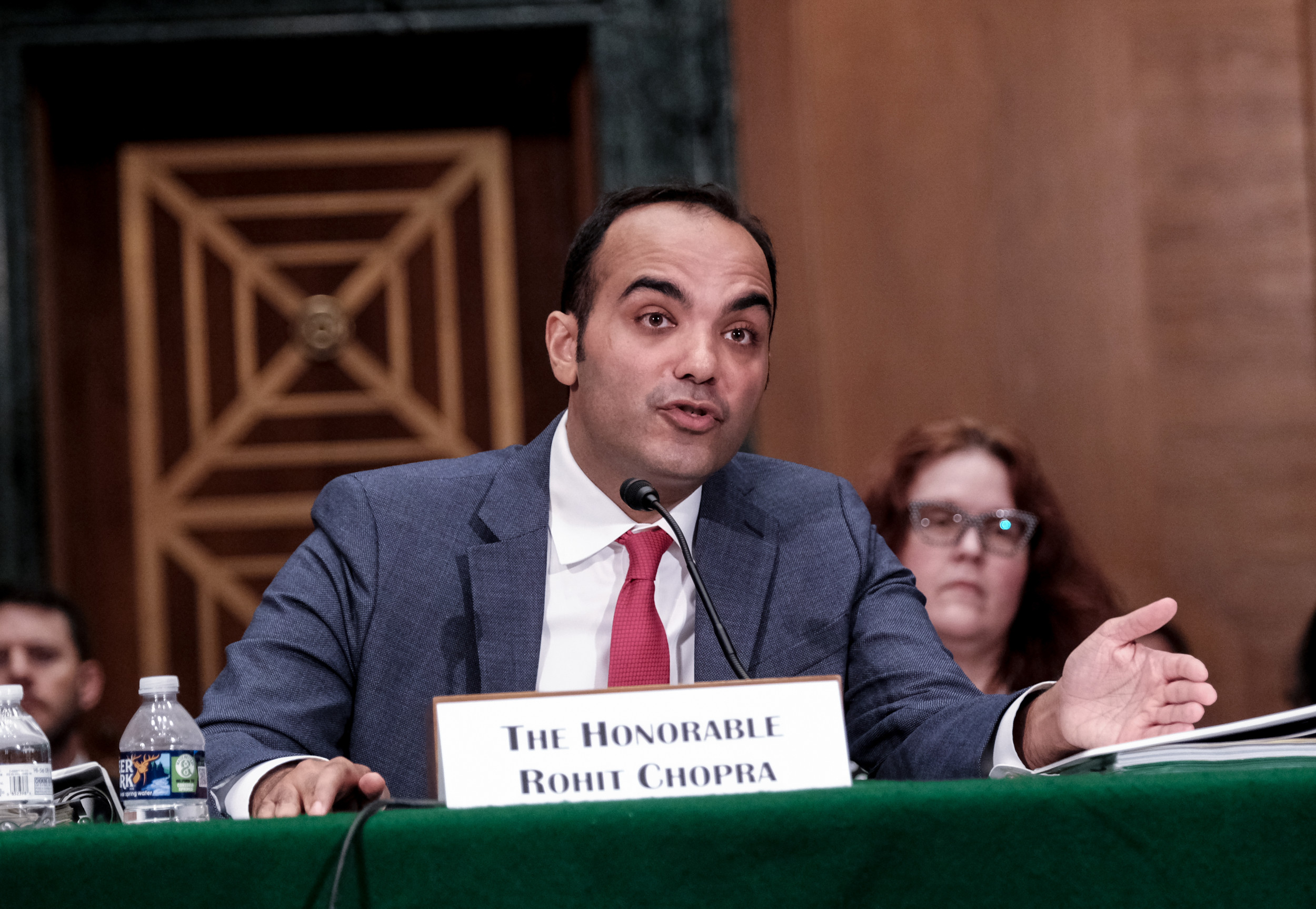For decades, Taiwan has been walking a fine line that broadly suited everyone: neither being part of mainland China, nor officially declaring independence. The People's Republic of China could maintain its claim over it. Yet Taiwan was free to develop as a vibrant liberal democracy and modern economy. And the democratic world was able to develop ties with both, so long as they steered clear of the sovereignty issue and adhered to the so-called 'One China' policy.
But that has changed. Through its actions and the rhetoric of its Secretary-General Xi, China has shown it is no longer willing to accept this status quo. Likewise, the free world needs to rethink its approach.
During Secretary-General Xi's term as leader, Beijing has ramped up the hybrid attacks on Taiwan. It targets Taiwan's democracy with disinformation. It throws its diplomatic weight around the world stage to coerce multilateral bodies and institutions to leave Taiwan out in the cold. And it has launched increasingly aggressive and dangerous military incursions into Taiwan's airspace.
China is actively threatening democratic Taiwan. To date, many in the free world have turned a blind eye to this. They feared Beijing's threats and economic coercion, and they have been willing to go along with China's unilateral efforts to redefine and corrupt what Beijing now calls the "One China principle." Beijing wants it to mean that no other country can have any economic or political relations with Taipei.
We cannot allow that to happen.

The Taiwan status quo exists alongside an American policy best described as strategic ambiguity. In short, it may be implied that the United States would support Taiwan if China were to attack, but the exact scale and scope of any response has been purposefully left undefined.
Several times, President Biden has been much less ambiguous in his views. China and Taiwan are one area of foreign policy which unites both sides of the aisle in Washington.
The doctrine of strategic ambiguity may have worked well in the past. But Xi Jinping's China is not the China of the past. Some more strategic clarity is needed. That is not to say the United States should give Taiwan a security guarantee similar to NATO's Article 5 mutual defense clause. But the United States could become less covert in its support for Taipei.
For the United States, there is a self-interest in defending Taiwan. If Taiwan were to fall, the shifting balance of power in the wider Indo-Pacific would be devastating for the cause of freedom and democracy around the world. In this regard, Europe cannot sit on the sidelines either, criticizing America for its more robust approach to China, allowing America to do all the heavy lifting in the Indo-Pacific, while at the same time trying to maintain a mercantilist status quo with Beijing.
We're seeing some good early signs. Recently, the European Parliament overwhelmingly backed a resolution urging upgraded ties between the EU and Taiwan, including a new investment agreement. The new German government, with a Green Foreign Minister, has steered more towards a values-based foreign policy. And Lithuania has left a Chinese economic grouping in Central Europe known as the 17+1 and opened economic relations with Taiwan. These actions are entirely consistent with the "One China Policy" as they make no assertions about the sovereignty of Taiwan.
But China is fighting back against European states' sovereign rights to develop ties with Taipei. In response to Lithuania's move, China has unleashed a volley of economic coercion against the small European state, restricting its exports and tying up more than a thousand containers of goods which Lithuanian businesses already paid for in Chinese ports, creating supply chain and cash flow crises across Lithuania and beyond.
China is bullying a NATO Ally and EU Member to affect its sovereign economic and political decisions. This is a test for the free world. If we leave Lithuania alone to fend for itself against Beijing, this super weapon of economic coercion will be directed at others to force democracies to submit to Beijing's will.
In the short term, we should offer Lithuania loans to cushion the effects of economic disruption; the EU should signal that China's actions are distorting the EU's entire single market and respond with countermeasures.
The EU is working on creating an anti-coercion instrument that would give it tools to fight back against exactly this kind of behavior. But the EU's real challenge is not whether it has the right legal instruments; it's whether it has enough political will to defend Lithuania's right to make its own choices.
In the longer term, the free world could create an "Economic Article 5" to blunt China's abuse of strategic investment and economic coercion to geopolitical ends. NATO's famous Article 5 states that an attack on one ally is an attack on all. Likewise, an "Economic Article 5" would illicit a response from like-minded democracies—not just NATO allies, but a broader global Alliance—to support a state or business facing economic coercion from an autocracy.
Beijing uses its economic might to blackmail countries and corporations because it is effective. It's worked in cases from fast fashion brands that faced boycotts after questioning human rights abuses to Australian wine manufacturers who have faced swingeing tariffs after governmental relations deteriorated. Russia also uses economic levers to achieve geopolitical aims, notably by weaponizing its gas supplies. We need to neutralize the effects of these tactics by authoritarian states.
Europe and the United States also share a common interest in the Indo-Pacific: to keep it free, open and as democratic as possible. Europe's role in this may not be to dispatch a fleet of aircraft carriers (although it participates in freedom of navigation missions). But it can also upgrade its political and economic relationship with Taiwan, for example, by unblocking a bilateral investment agreement that was put on ice while the EU sought an agreement with China. Upgrading economic ties is as much in our interests as Taiwan's, given the considerable assets Taiwan has in hi-tech areas such as semiconductors.
Europe and the U.S. should collectively seek out a new approach to China—something that the Biden Administration offered the EU even before its inauguration. Our relationship with Taiwan should not be reduced to just military support or one specific investment agreement; it cuts to the question of whether we are willing to stand up for the lynchpin of freedom and democracy in a region where both are under increasing pressure from autocracy and dictatorship.
Anders Fogh Rasmussen was NATO Secretary General (2009-2014) and Danish Prime Minister (2001-2009). Today he is CEO at consultancy Rasmussen Global, and Founder of the Alliance of Democracies Foundation.
The views in this article are the writer's own.














